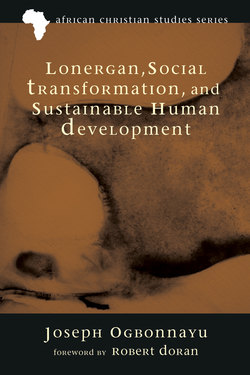Описание книги
Secular contemporary development discourse deals with the problems of societal development and transformation by prioritizing the human good in terms of vital and social values with the aim of providing the basic necessities of life through social institutions that work. While such an approach is profitable by promoting economic growth, it does not take note of other dynamics of social progress and development. Also, it fails to notice the consequences of development strategies on human flourishing, well-being, and happiness.
Ogbonnayu argues for an integral approach to development by engaging in a fruitful dialogue between Bernard Lonergan's philosophical anthropology with contemporary development discourse, as represented in select theories of development, and in select principles of Catholic social teaching. It makes a case for social progress and transformation as emanating from human understanding. Also, it highlights the parts of Lonergan's theory that contribute to an understanding, specifically of his treatment of bias, and of the shorter and longer cycles of societal decline. In view of the reality of moral impotence and limitations, it considers the reversal of societal decline as possible through the supernatural solution of God's grace.
Ogbonnayu argues for an integral approach to development by engaging in a fruitful dialogue between Bernard Lonergan's philosophical anthropology with contemporary development discourse, as represented in select theories of development, and in select principles of Catholic social teaching. It makes a case for social progress and transformation as emanating from human understanding. Also, it highlights the parts of Lonergan's theory that contribute to an understanding, specifically of his treatment of bias, and of the shorter and longer cycles of societal decline. In view of the reality of moral impotence and limitations, it considers the reversal of societal decline as possible through the supernatural solution of God's grace.
